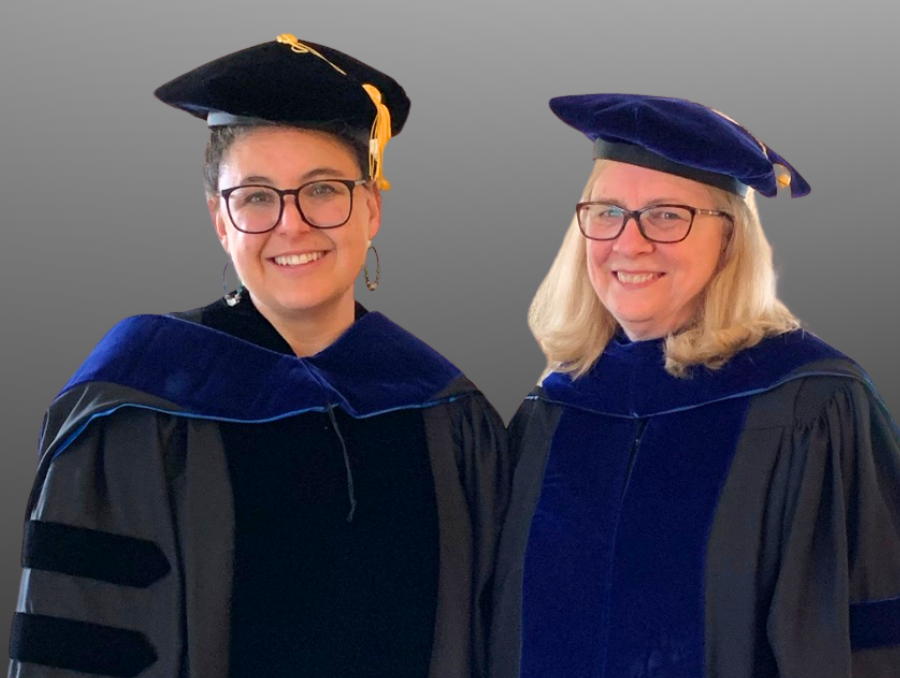Researchers have published an innovative strategy to promote healthy eating habits in adolescents with special needs. Dr. MaryAnn Demchak, BCBA-D., Professor of Special Education, University of Nevada, Reno;Lumuna Brianna Gramstrup, Ph.D., assistant professor of special education at the University of Maine at Farmington, conducted research using a remotely delivered minimum prompt system (SLP) to provide nutrition education to high school students with intellectual disabilities. did.
“While the pandemic has increased the need to conduct research remotely, the success of distance education for students with intellectual disabilities has far-reaching implications for the field,” Demchak said.
Recognizing the challenges that youth with intellectual disabilities and multiple disabilities face in maintaining healthy eating habits, researchers adopted SLP methods to teach nutrition education through online instruction. The study involved four high school students with intellectual disabilities and focused on their ability to identify the missing food group when presented with digital slides featuring four main foods. The results demonstrated the effectiveness of the SLP in guiding all participants to select deficient foods and construct a balanced “meal.” Of note, all participants mastered the skill, and two maintained proficiency during follow-up assessments.
“The students mastered 180 unique meal combinations, demonstrating mastery of this skill and helping to address a gap in the research literature of nutrition education for students with intellectual disabilities.” That's remarkable,” Demchak said.
Demchak and Grumstrup emphasized the importance of research and that well-established, research-backed practices like SLP can be successfully implemented in remote settings. Both students and classroom teachers reported that the intervention was not only acceptable but also effective and easy to implement from a distance.
“Classroom teachers were so pleased with the results of the study that they created a comprehensive food and nutrition course in high school, where all students learn together about choosing and preparing balanced meals. We did it,” Glumstrup said.
Considering that adolescence is a critical period for developing adaptive behavioral skills for independent living, this study highlights the importance of incorporating functional skills into programming for students with intellectual disabilities. I emphasized. These skills extend beyond school, encompass knowledge and behaviors related to nutrition education, and contribute to broader functional abilities.
Support for this research was provided by the Mary Demchak Memorial Award for Doctoral Research in Intellectual Disabilities awarded by the College of Education and Human Development at the University of Nevada, Reno.
“I have very fond memories of collaborating with Mary Ann and colleagues on various research projects when I was a first-year PhD student. We often worked at Mary Ann’s home, where Her mother, Mary, lived there as well, and I got to know Mary,” Glumstrup said. And talking to her about our projects over coffee and snacks (she often asked what we were working on and what would happen next) was a great way to become a researcher. It was one of my favorite parts of learning. Her presence was a joy and comfort to me during my studies, but she was there from the beginning. The Mary Demchak Memorial Award for Doctoral Research in Intellectual Disabilities provided assistance with associated costs to complete this research project. Take it out of your pocket. It is a precious legacy in memory of a loved one. ”
Mr. Glumstrup received his PhD in Education: Special Education and Disability Studies from the University of Nevada, Reno in 2021 and has worked with Mr. Demchak on several research studies focused on individuals with disabilities.
“I am pleased to continue mentoring and supporting doctoral graduate students as they continue on their path to becoming independent researchers,” Demchak said. “I believe that mentoring continues even after the doctoral student graduates, which will be beneficial to both mentee and mentor.”
This study contributes valuable insights and suggests that nutrition education can be effectively delivered remotely to students with intellectual disabilities, providing a promising avenue for promoting healthy habits and well-being in this specific population. is shown.


